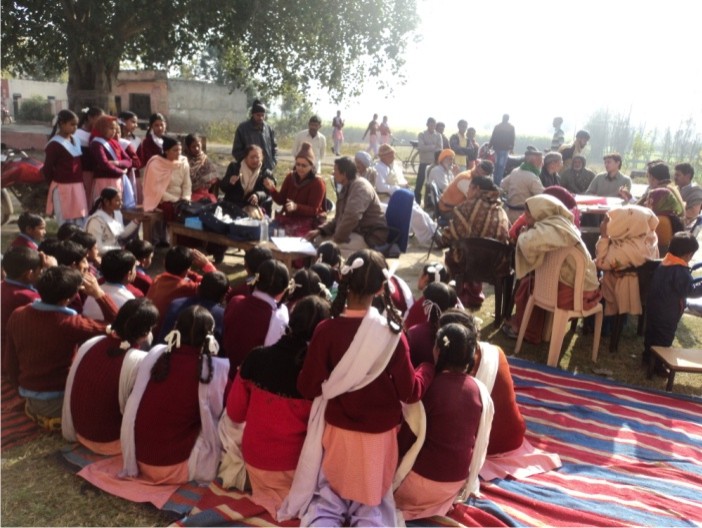|
Environment Awareness for Collective Action
O Development Alternatives has been implementing the Community Led Assessment, Awareness, Advocacy and Action Programme (CLAP) for environment protection and carbon neutrality in Himachal Pradesh, with the support of the state government. One of the components of the programme seeks to generate amongst citizens and decision makers an awareness of environmental issues and possible ameliorative actions. A systematic environmental quality assessment combined with action for demonstrating good practices for environmental improvement and environmental policy advocacy form the other key components of the programme. This programme is unique in that it is based on multiple and complementary partnerships, having been initiated by the state government and implemented by a network of local CSOs. What follows is an outline of the work undertaken by different stakeholders: • Civil Society Organisations (CSOs): CSOs promote awareness about priority environmental issues by conducting meetings, painting wall hoardings and posters, and printing pamphlets and brochures on air and water pollution, climate change, solid waste management and biodiversity.• Community Based Organisations: Mahila mandals, SHGs and Yuvak Mandals are sensitised by the above mentioned programme to speed up change within their communities and peer groups towards the adoption of environment friendly practices at the domestic and village level.• Youth and Students: Eco-club students are engaged in awareness campaigns, rallies and competitions to sensitise young minds and lead them on the path of sustainable living.• Local Governments: The panchayat members discuss priority issues at the Gram Sabha meeting and work towards incorporation of response measures in the local development plans and Annual Panchayat Action Plans.• Local Administration: Block and District authorities are informed about the current environmental issues and concerns within their administrative units and their support is solicited for environmental mainstreaming in the local development planning to be followed by convergent implementation of government programmes.The coming together of different stakeholders across citizenry, government and administration to address local environmental issues effectively demonstrates the power of collectives in sustainably and equitably managing shared environmental resources for the collective good. Initiatives such as this programme are bringing together diverse actors and heralding positive changes by promoting behavioural change, adoption of new technologies and strategies, and aiding dialogue and collaboration. q Mohua Tripathy & Ashok Thakur
|
